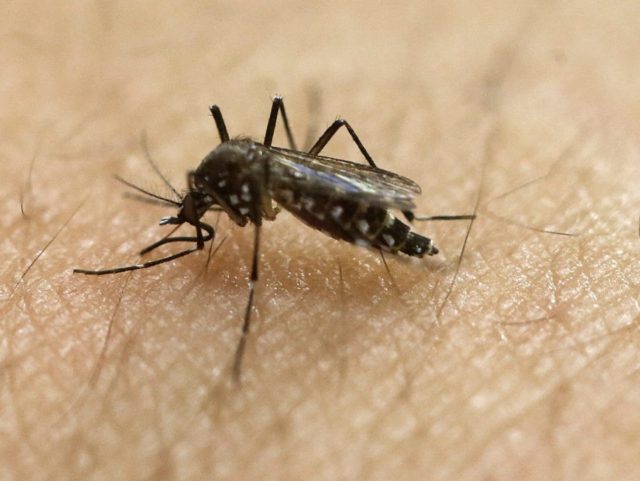HOUSTON, Texas – A doctor in the Texas Medical Center says if men want to have children, they should freeze their sperm before traveling to areas that have had outbreaks of the Zika virus.
Dr. John Crochet specializes in third-party reproduction at the Texas Medical Center’s Center of Reproductive Medicine. He said that if couples are wanting to conceive in a six-month window and the man has plans to travel to a Zika-infected area, he should consider freezing his sperm to prevent possible infection and complications, KTRK ABC13 reported.
“It can stay in the guy’s system, so to speak, for up to six months,” Crochet said, “so if a man travels and is exposed and develops symptoms or tests positive, then the recommendation is that you wait six months to conceive.”
“If the concern is through the man’s side and we’re having to wait six months, then that is a scenario in which freezing sperm prior to the travel of that man might be something to consider,” the doctor explained.
He said the issue is not as big of a concern for women’s eggs because the virus travels through the female’s body more quickly.
Dr. Crochet said it is not all bad news when it comes to family planning and Zika.
“It does not have a long-lasting impact on either fertility or future pregnancies,” he explained. Research indicates that a Zika infection does not have to jeopardize plans to have children.
The doctor did caution; however, that if a man does test positive for the Zika virus after returning from a trip to a Zika-infected area, the couple should wait at least a few months before trying to conceive–if they have not taken the step of freezing the sperm in advance of the trip.
Other researchers are warning that the Zika-carrying mosquitoes could spread more rapidly during hurricane season. The concern is not related to mosquitoes being carried by the storm; rather, Penn State University Associate Professor Jason Rasgon said the storms have negative impact on mosquito control efforts and create more areas for the mosquitoes to breed, according to an Accuweather report. Rasgon said the storms prevent mosquito control workers from spraying insecticides. He also stated that previously sprayed insecticides are washed away by heavy rains and localized flooding.
Lana Shadwick is a contributing writer and legal analyst for Breitbart Texas. She has served as a prosecutor and associate judge in Texas. Follow her on Twitter @LanaShadwick2.

COMMENTS
Please let us know if you're having issues with commenting.